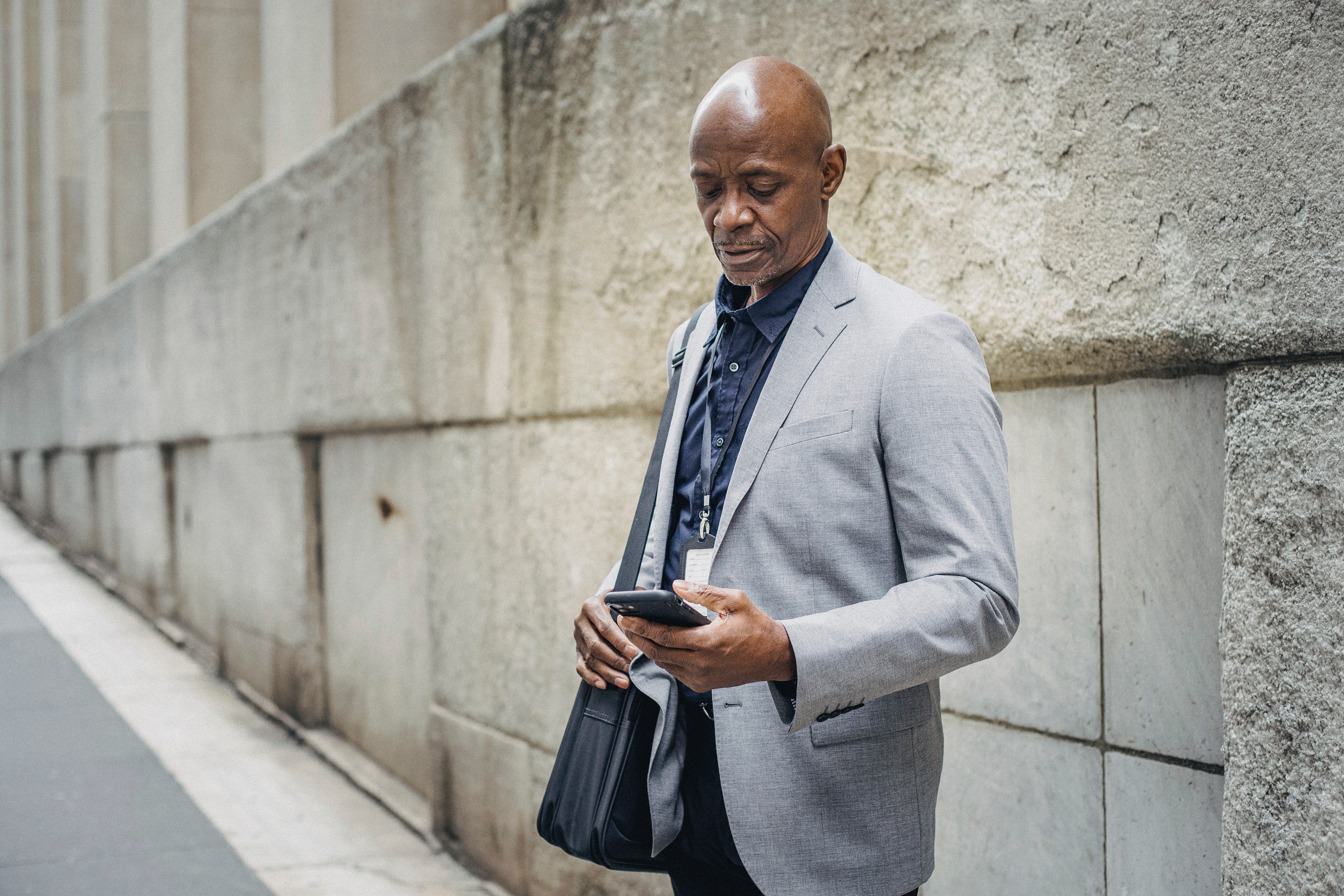With working from home becoming the new norm this year, daily conversation between coworkers has switched from in-person, to a mountain of emails and Slack messages. In 2019, people sent more than 293 billion emails every single day, with the average user receiving 121 emails per day. I’m sure that number skyrocketed in 2020. Unfortunately, with that increase in emails comes an increase in stress and anxiety.
Around the same time that Zoom Fatigue set in this year, email inboxes became increasingly difficult to manage. Since the divide between work and home life is nearly nonexistent, you need to take extra care of your mental health right now. And that starts with your email inbox. Here are 6 simple ways to reduce your email anxiety so you can focus on your work—and more importantly, yourself.
Be Generous With The Unsubscribe Button
Even if you don’t open them, those random emails from sites you gave your address to years ago are cluttering up your inbox and your mind. Take an hour or so to look through your inbox and promotion tab and go on an unsubscribe spree. Or simply hit unsubscribe as they come in. If you haven’t bought anything from them or visited their site in a while, they aren’t worth your mental bandwidth. And chances are, you won’t even notice them not hitting your inbox after you cut them off.
Let Your Coworkers Know Your Email Preferences
Being available 24/7 isn’t good for anyone’s mental and emotional health. Even though the separation between work and home is practically nonexistent, you still need to set clear boundaries about when people should expect an email response from you. Set your email preferences to send out an automatic response to any email sent before 9 am or after 5 pm saying that you will respond to them during business hours. If it’s an emergency (it most likely isn’t), you can put your cell phone number in the email, but most people will understand you’re logged off for the night and let you have the evening to yourself.
Set Aside Time Just For Checking Your Email
Switching back and forth between your email tab and the project you’re working every time an email pops up in your notifications means your attention is split and you’re not doing your best work. Set aside an hour (or however long you need) in the morning to go through and respond to any emails. You can also do this at the end of the day as well if your job requires a lot of emails. But designating time blocks just for email will help you turn your full attention to whatever project you have.
Turn Off Email Notifications
Reading an email at the beginning of the workday rather than at 8 pm at night when it popped into your inbox while you’re spending time with family won’t be the end of the world. If you can’t help but check your phone every five minutes because a new email notification buzzed, consider turning off your notifications. They’re simply another distraction that takes time away from being present with people outside of work.
Take Advantage Of Vacation Mode
The last thing you want to think about while on vacation is work—you’re taking a vacation because you want time away from the endless emails and stress. Most email accounts have a vacation responder feature you can use similarly to the Out of Office automatic response. With the vacation responder feature, any email you get will automatically get a response explaining that you’re on vacation or unavailable for a set period of time. You could put your cell phone number in the email in case of a work emergency, but we recommend asking people to email one of your coworkers (ask permission to do this first) or your boss. Most likely, they’ll probably just wait for you to get back in the office.
Avoid Late Night Screen Time
We all know that screen time too close to bedtime can mess with your circadian rhythm, making it harder for you to fall asleep or stay asleep throughout the night. Give yourself a cutoff time where you put away your phone (and all other screens) for the night. This is usually an hour or two before you go to bed. Instead of scrolling through social media or obsessively checking emails, spend that time reading a book, stretching, doing a relaxing yoga routine, or journaling. After a few months doing this new routine, your body and mind will understand it means you’re powering down for the night and make it easier for you to sleep.
Emails are an important (if not annoying) part of the modern workplace. But that doesn’t mean they have to dictate your life. Setting boundaries between your work life and your home life will not only make you more productive at work, but make you more relaxed and happy at home.


